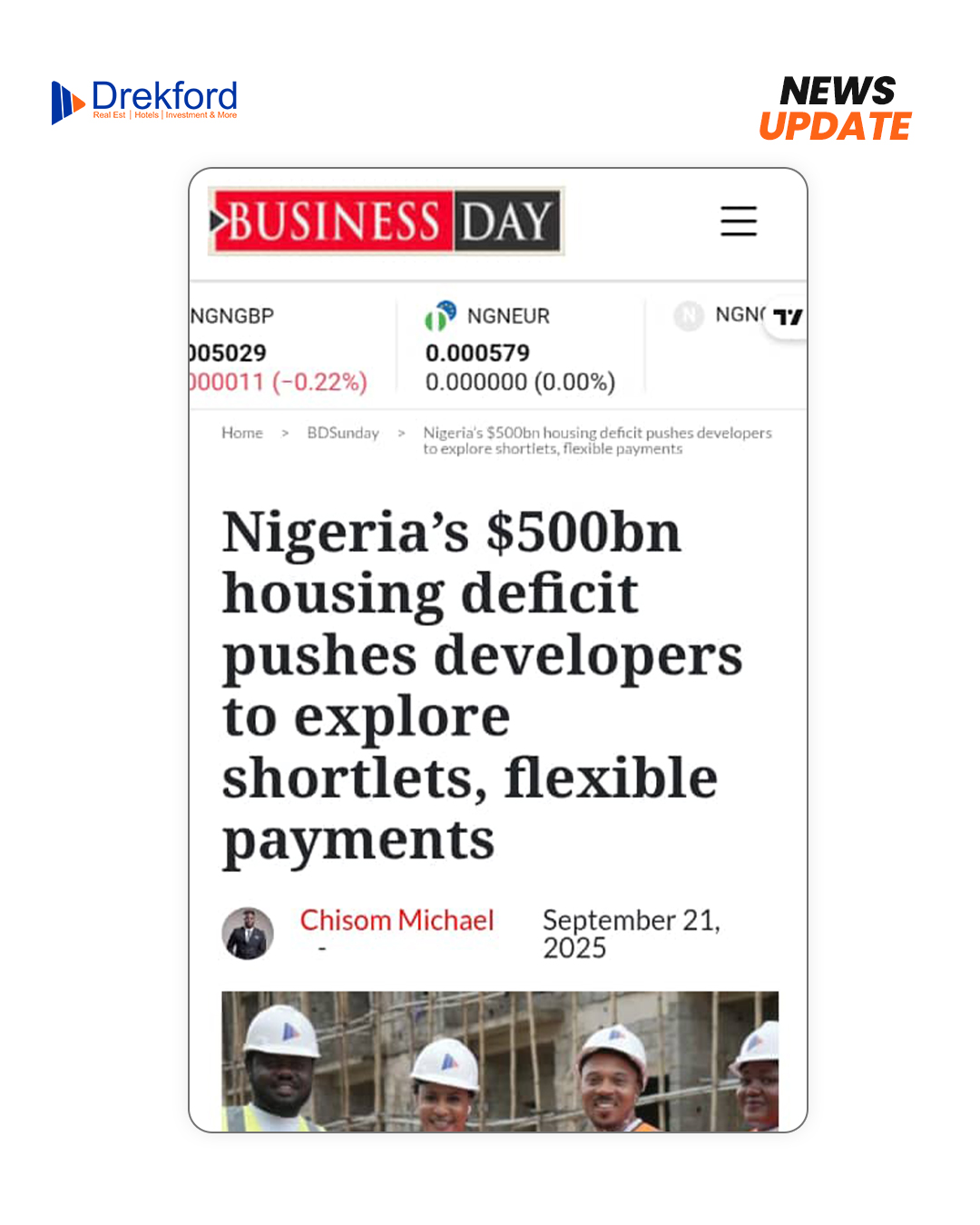Nigeria’s Minister of Housing and Urban Development, Ahmed Dangiwa, has called on foreign investors to leverage the immense opportunities in the nation’s real estate sector, emphasizing the potential of the Federal Government’s Renewed Hope Cities and Estates Programme.
During the Saudi Real Estate Forum, Dangiwa highlighted the sector’s promising trajectory, noting its contribution of 5.2% to the nation’s GDP in 2024 and its projected growth to $2.25 trillion by the end of 2025. Despite the increase, he stressed the urgency of addressing the housing deficit, which stands at 28 million units, driven by rapid urbanization.
“Nigeria offers significant investment opportunities, particularly in residential real estate. Now, more than ever, Nigerians need homes, and the government is committed to partnering with investors to deliver housing at scale,” Dangiwa stated.
The Forum, themed “Balance and Innovation in the Real Estate Landscape,” attracted global leaders, including the Qatari Minister of Municipality, Abdullah Al-Attiya, and the Maldives’ Minister of Construction, Abdulla Muththalib.
Dangiwa outlined the government’s multifaceted approach to tackling the housing deficit, which includes public-private partnerships, innovative financing, and state-level collaboration to unlock land for development. He also emphasized the government’s efforts to make housing more accessible by recapitalizing the Federal Mortgage Bank of Nigeria with N500 billion to provide single-digit mortgage products.
In addition, the minister discussed sustainability initiatives, such as promoting energy-efficient buildings, local materials, and modular construction technologies. Collaborations with international organizations, including IFC EDGE, are helping to integrate green building practices into the housing sector.
To further support affordability, the government is developing new funding models, including the Real Estate Investment Fund, which aims to offer mortgage interest rates of 12%, significantly lower than the current market rates of 28-30%. Flexible rent-to-own schemes are also being introduced to ease Nigerians’ homeownership.
Dangiwa also highlighted the government’s focus on digitization, such as the National Land Registration and Documentation Programme, which partners with the World Bank to enhance transparency and streamline property transactions.
Reassuring investors, Dangiwa affirmed the government’s dedication to fostering real estate growth through strong policies, investment incentives, and regulatory frameworks, adding that innovation, sustainability, and affordability are at the core of the Renewed Hope Agenda of the Tinubu administration.
“With smart policies, innovative financing, and digital transformation, we are poised to make housing more accessible, affordable, and sustainable in Nigeria,” he concluded.



